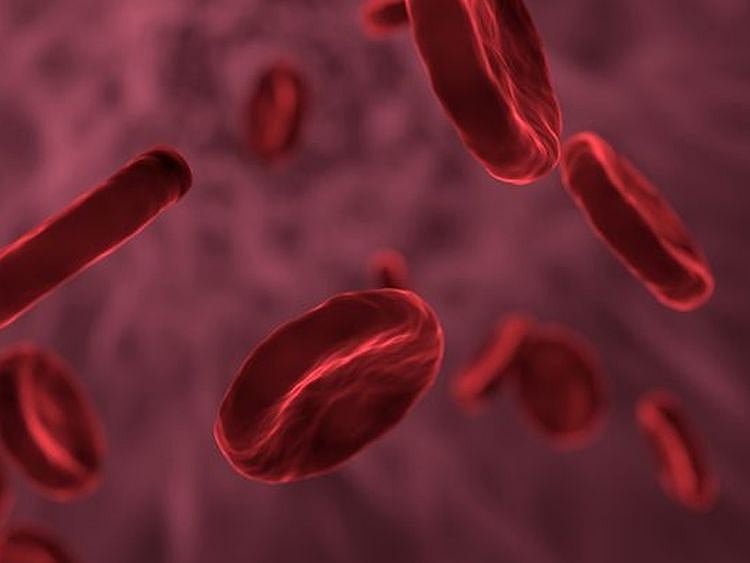Bengaluru woman's rare blood group discovery rewrites medical history
Discovery hailed as a significant advancement in transfusion medicine and immunogenetics

In a landmark medical breakthrough, a team of researchers in Bengaluru and the UK have identified an entirely new blood group antigen—CRIB—in a 38‑year‑old woman from Kolar district, Karnataka, marking the first confirmed human case ever recorded.
Despite being typed as O Rh⁺—the most common blood group—her blood sample proved incompatible with all available O-positive donor units when screened before cardiac surgery. Testing even extended to 20 family members, but none were compatible. These puzzling, pan-reactive results prompted referral to the Advanced Immunohematology Reference Laboratory at Rotary Bangalore TTK Blood Centre and subsequent verification by the International Blood Group Reference Laboratory (IBGRL) in Bristol.
After ten months of rigorous serological and genetic analysis, the previously unknown antigen was identified and officially named CRIB (Cromer–India–Bangalore).
The discovery was formally announced at the 35th Regional Congress of the International Society of Blood Transfusion (ISBT) in Milan in June 2025, and it’s hailed as a significant advancement in transfusion medicine and immunogenetics.
CRIB falls under the Cromer blood group system, a relatively obscure series of antigens on red blood cell surfaces tied to immune response and transplant compatibility.
Facing a lack of compatible blood, doctors successfully performed the woman’s heart surgery without transfusion, using meticulous medical protocols to manage risk. She recovered well despite the challenges.
To support future patients, the Rotary Centre, along with Karnataka Blood Transfusion Council and ICMR, has launched a Rare Donor Registry, aimed at identifying and managing ultra‑rare blood types like CRIB.
Sign up for the Daily Briefing
Get the latest news and updates straight to your inbox
Network Links
GN StoreDownload our app
© Al Nisr Publishing LLC 2025. All rights reserved.